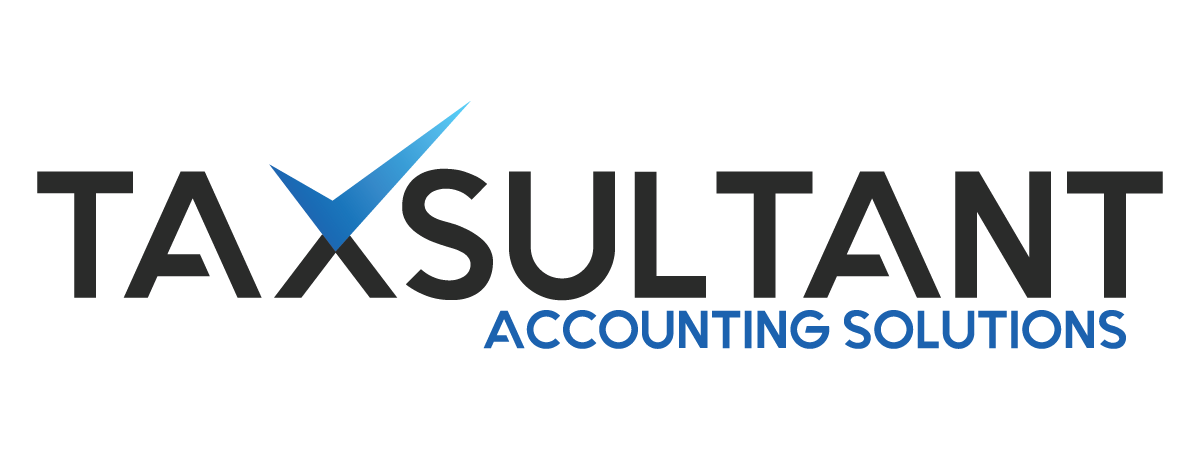12A and 80G Registration
Section 12A and Section 80G are provisions under the Income Tax Act, 1961 that relate to the tax-exempt status of charitable organizations and donations made to them. These sections provide significant benefits to both the nonprofit entities and individuals or organizations making donations.
Section 12A: Registration for Tax-Exempt Status for Charitable Institutions
Section 12A deals with the registration of charitable organizations and trusts that are eligible for tax exemption. This provision is essential for organizations wishing to claim exemptions under Section 11 and 12, which provide tax benefits on the income derived from charitable activities.
Key Points of Section 12A:
Eligibility for Registration: Charitable or religious organizations wishing to avail themselves of income tax exemptions must first obtain registration under Section 12A of the Income Tax Act.
This registration ensures that the organization’s income, used for charitable purposes, is exempt from income tax.
Process of Registration: To obtain registration, the organization must submit an application in Form 10A to the Income Tax Department.
The application must be submitted to the Income Tax Commissioner who verifies the legitimacy of the charitable activities and the compliance with requirements.
Documents Required: The organization must submit details about its objectives, trust deed or memorandum of association, details of income and expenditures, and activities.
Effect of Registration: Once registered, the organization is not required to pay tax on the income it receives for charitable purposes. Donations received by the organization may also become eligible for tax deductions under Section 80G for the donors.
Renewal: The registration under Section 12A once granted is generally permanent unless revoked. However, the organization must file an annual return under Section 12A.
Section 80G: Tax Deduction for Donations to Charitable Organizations
Section 80G provides tax deductions for individuals or entities who make donations to eligible charitable organizations. The donor is allowed to claim a deduction for donations made to registered organizations, making charitable giving more attractive by reducing taxable income.
Key Points of Section 80G:
Eligible Donations: Donations can be made to various types of charitable organizations, including trusts, NGOs, and relief funds that are registered under Section 12A or 80G.
The eligible organizations include those working for relief of the poor, education, health, social welfare, preservation of monuments, and other charitable causes.
Amount of Deduction:
The deduction under Section 80G can be either 100% or 50% of the donation amount, depending on the specific organization or fund to which the donation is made.
Some donations qualify for 100% deduction (with no cap), while others qualify for 50% deduction (with or without restrictions on the donation amount).
Documents for Claim: Donors must obtain a receipt or acknowledgment from the organization that specifies the amount of the donation, the name of the donor, and the registration number of the organization under Section 80G.
Limitations:
For some organizations, there is a ceiling on the amount of donation eligible for a deduction under 80G (e.g., donations over a certain amount might only be eligible for 50% deduction).
For donations in cash over ₹2,000, the deduction is not allowed. Donations above this amount must be made via cheque, draft, or other banking methods.
Eligible Organizations: Charitable organizations that have been registered under Section 80G by the Income Tax Department are eligible to receive tax-deductible donations. These organizations must have a valid 80G certificate issued by the tax authorities.
Key Differences Between Section 12A and Section 80G:
| Aspect | Section 12A | Section 80G |
|---|---|---|
| Purpose | Registration for tax-exempt status for charitable entities. | Provides tax deductions for donors contributing to charitable organizations. |
| Who is it for? | Charitable organizations, NGOs, trusts, etc. | Donors (individuals, businesses, etc.) making charitable donations. |
| Benefits | Charitable organizations are exempt from income tax on income used for charitable purposes. | Donors can claim a deduction from taxable income for donations made to eligible organizations. |
| Application Process | The organization must apply for registration under Section 12A. | Donors claim deductions when filing their tax returns. |
| Required Documents | Trust deed, details of activities, income, expenditure, etc. | Receipt or acknowledgment of the donation from the eligible organization. |
| Validity | Permanent unless revoked. | Valid for the year of donation. |
Example:
Example for Section 12A: A non-profit organization working for the welfare of underprivileged children applies for and receives registration under Section 12A. As a result, the income generated by the organization from donations or grants for its charitable activities is exempt from tax.
Example for Section 80G: An individual taxpayer donates ₹10,000 to an NGO registered under Section 80G. The individual can claim a deduction of ₹10,000 (or a portion of it, depending on the eligibility of the organization) from their taxable income, reducing their overall tax liability.
In summary, Section 12A is related to the registration of charitable organizations for tax exemption, while Section 80G provides tax deductions to individuals or entities who make donations to these registered organizations. Both provisions aim to promote and support charitable activities in India by providing financial benefits to both the entities and the donors.
